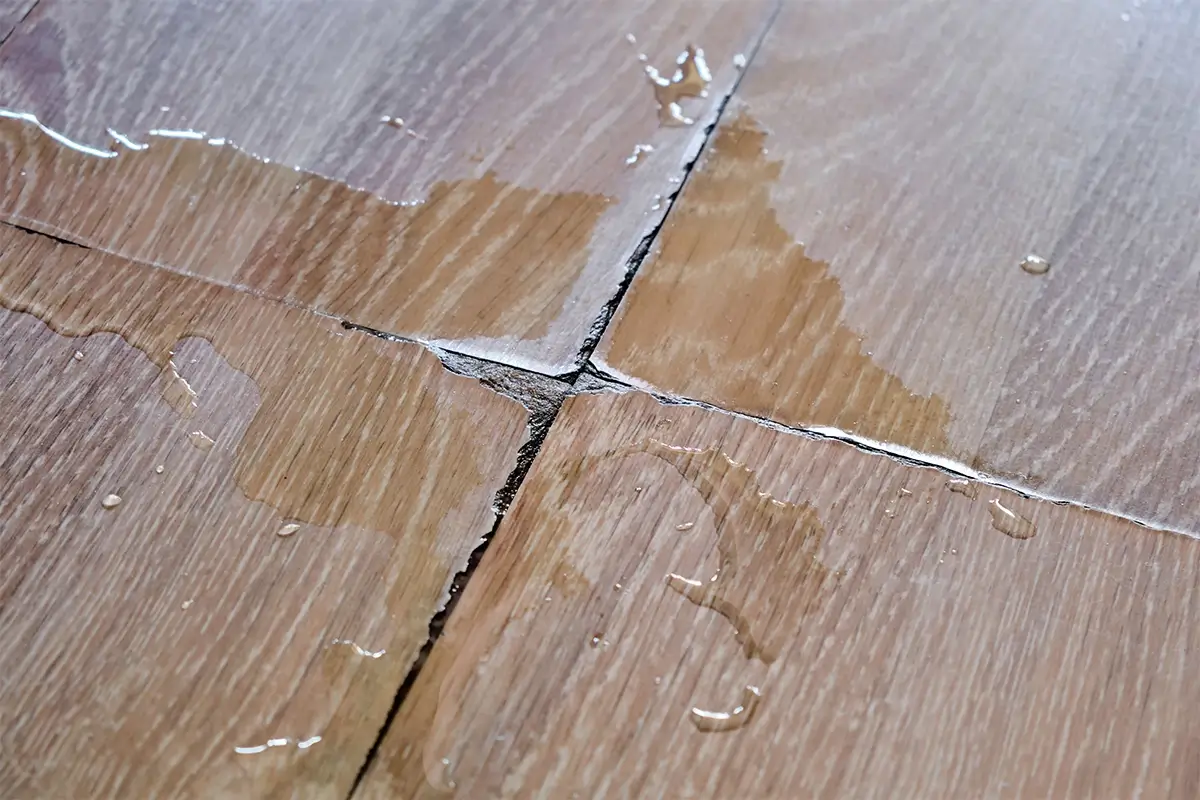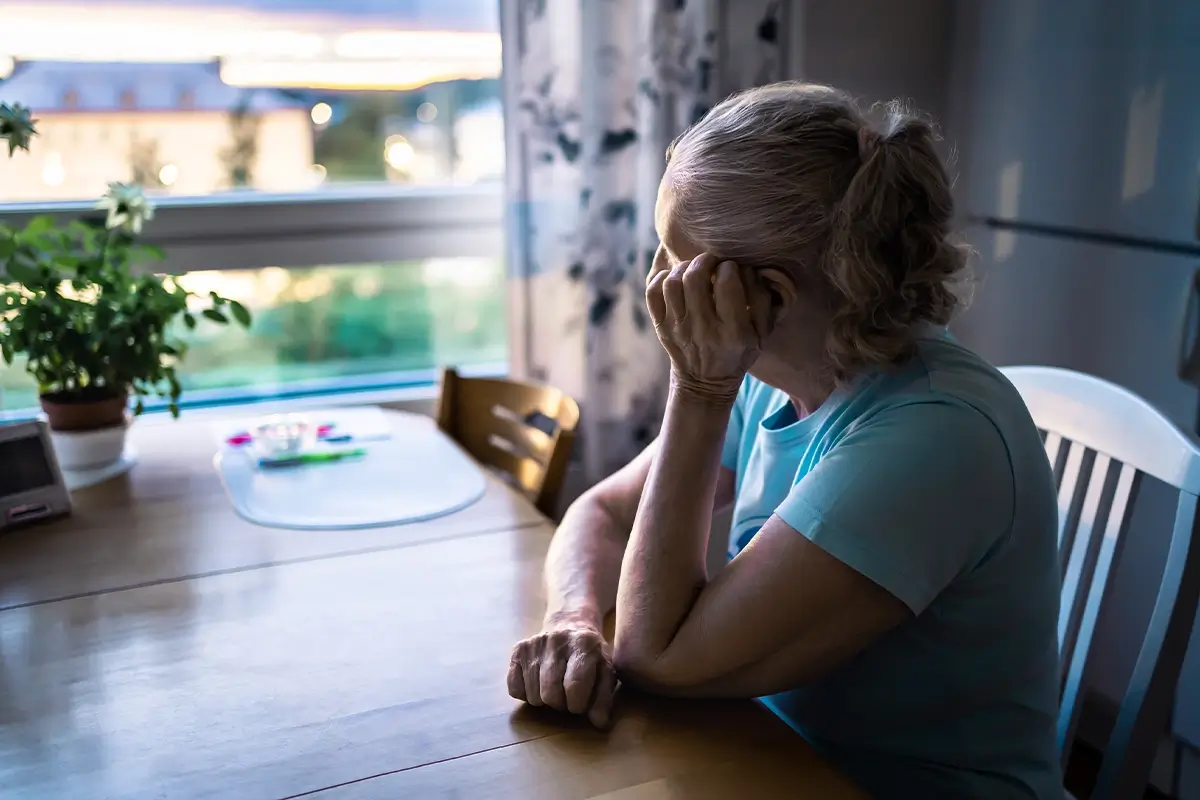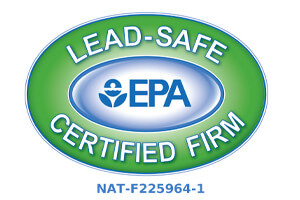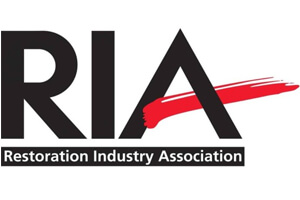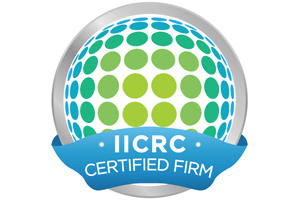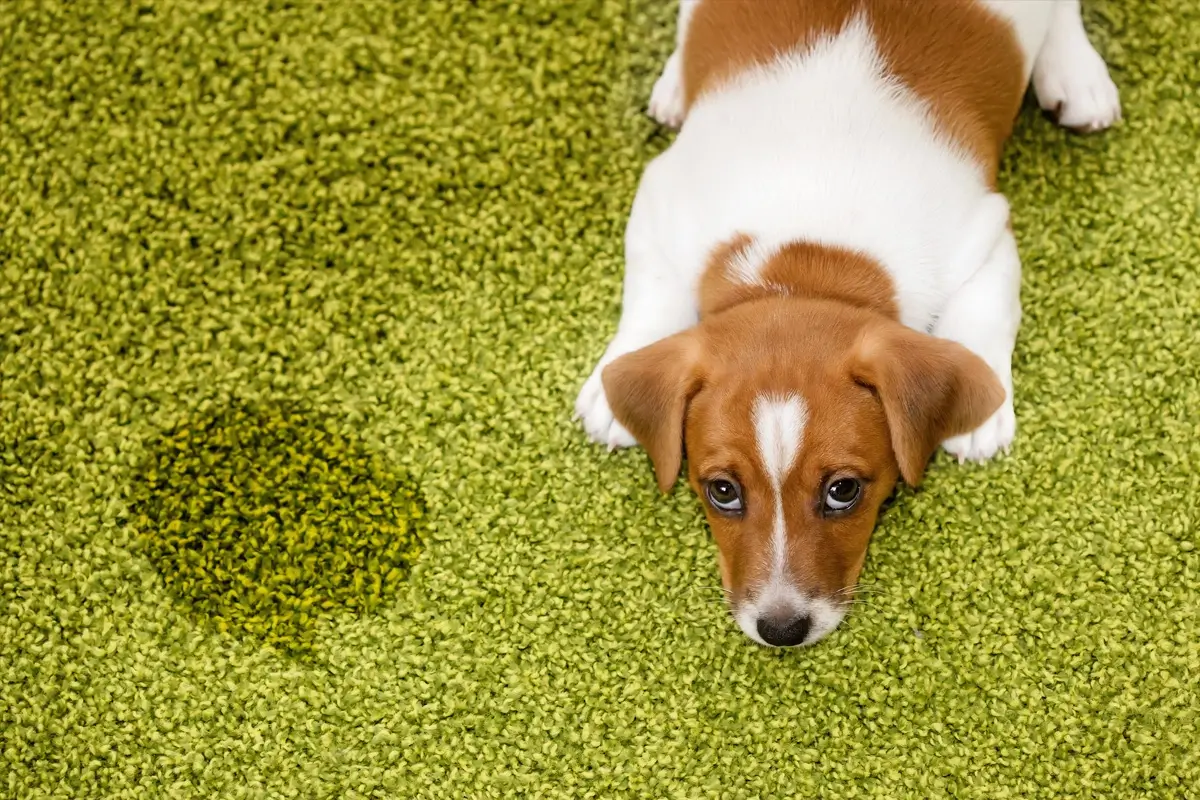
Every pet owner has encountered the occasional accident—whether it’s a puddle near the doggie door or a missed litter box target. While minor incidents are manageable, long-term accumulation of pet urine and feces, particularly in homes affected by hoarding, illness, or abandonment, can lead to serious health risks and structural damage.
Health Risks of Feces and Urine in the Home
Pet feces may contain pathogens like E. coli, salmonella, Campylobacter, Cryptosporidium, and intestinal parasites. Dried feces can become airborne, increasing the risk of respiratory exposure, especially in confined or poorly ventilated areas.
Urine, though mostly water, contains urea and other compounds that break down into ammonia—a pungent, corrosive gas that can be hazardous to inhale. Contrary to popular belief, urine is not sterile and can harbor bacteria that colonize the urethral tract.
How Urine Damages Building Materials
Over time, urine soaks into porous surfaces like carpet, subfloor, drywall, baseboards, and even concrete. As the urea decomposes and releases ammonia, it begins to break down the structural integrity of these materials. Wood rot, crumbling drywall, rusted fasteners, and concrete discoloration are common signs of prolonged exposure.
Moisture from humidity or spills can reactivate old urine crystals, releasing odor and ammonia vapors even years after the original contamination. This makes simple cleaning ineffective—the damage is embedded deep within the materials.
In severe cases, effective remediation may require flood cuts, removal of subfloor layers, or even replacing framing components to eliminate odor and restore safety.
Why Cat Urine Smells Worse
Cat urine is chemically stronger than that of most other animals. Enzymes like Cauxin break down into Felinine, a sulfur-based compound, which then degrades into MMB (3-mercapto-3-methylbutan-1-ol)—a volatile pheromone with a powerful, lingering odor. These compounds can saturate surfaces permanently without proper remediation.
Professional Solutions That Work
At BioteamAZ, we specialize in biohazard-level remediation for homes in Phoenix, Scottsdale, Tucson, and surrounding areas impacted by urine, feces, and other biological contaminants. Our team uses a combination of enzymatic treatment, structural removal, and deodorization to fully eliminate hazards—often where DIY methods fail.
If you’re dealing with a property impacted by animal hoarding, abandonment, or long-term pet waste accumulation, call us today or request a free consultation online.
